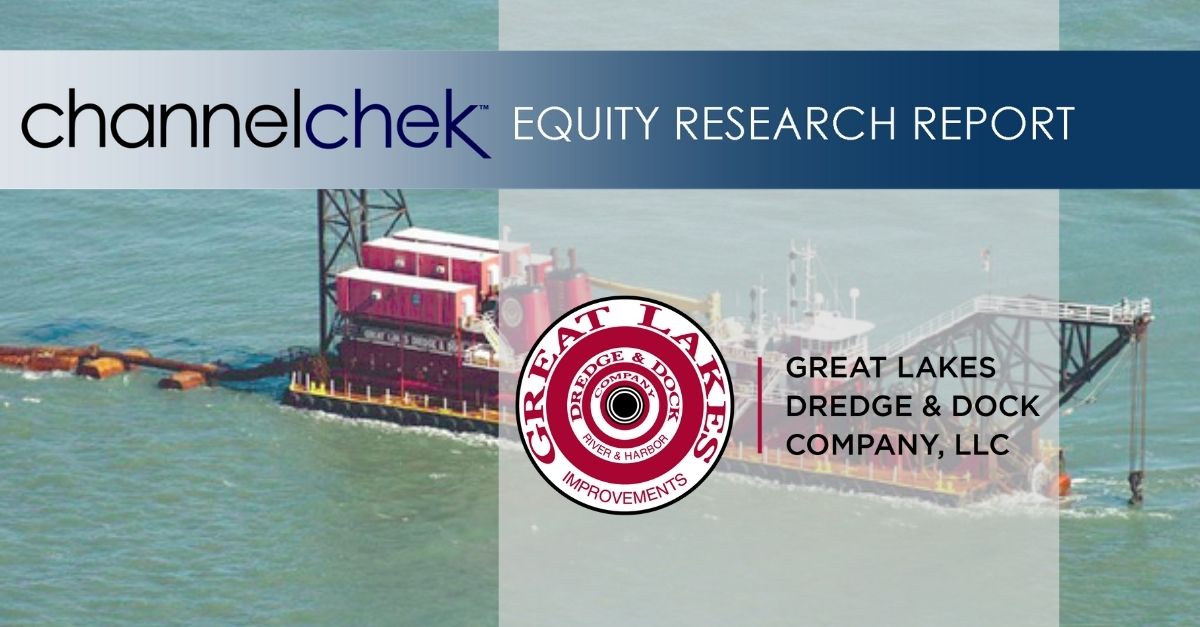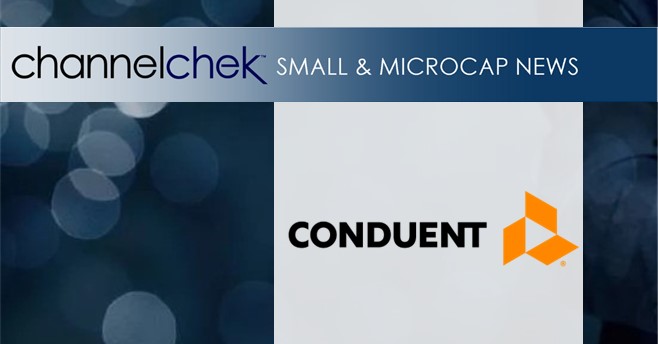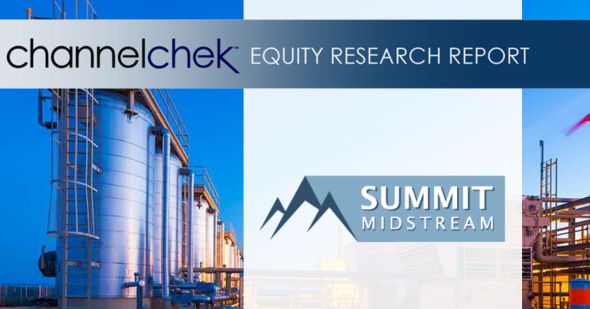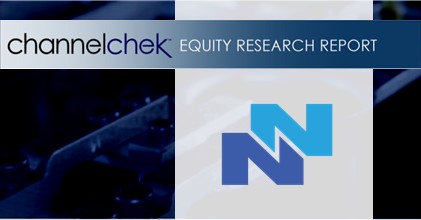After an extraordinary rally that saw copper prices surge more than 40% in 2025, the industrial metal has tumbled from record highs as traders rush to lock in profits from what many analysts are calling an overheated market. The sharp reversal underscores the volatility gripping global commodity markets and raises questions about whether the recent bull run in metals can sustain its momentum.
Copper futures dropped 2.6% to close at $12,899.50 per ton on the London Metal Exchange, part of a broader selloff that saw nickel plunge 3.4% and zinc fall by similar margins. The decline marks a dramatic shift from the frenzied buying that characterized recent weeks, driven largely by speculative capital flooding into China’s domestic metals markets.
The rapid ascent had left many market participants nervous. Ed Meir, an analyst at Marex, noted that the markets are experiencing a broad retreat typical of situations where price movements become oversized. Base metals analysts have been scrambling to justify valuations that climbed faster than underlying fundamentals could support, and the correction appears to be the market’s way of restoring equilibrium.
Copper’s remarkable 40% gain in 2025 represented its strongest annual performance since the recovery year of 2009. The rally was fueled by a perfect storm of supply disruptions at major mines and strategic stockpiling by traders anticipating potential US tariffs on metal imports. This combination of tight supply and precautionary demand pushed prices to levels that, in hindsight, may have been unsustainable in the short term.
Nickel’s trajectory proved even more dramatic. The battery and stainless steel component notched its biggest single-day gain in over three years on Tuesday, surging as much as 10.5% intraday before reaching a fresh 19-month high Wednesday morning. However, the euphoria was short-lived as profit-taking quickly reversed those gains.
The nickel rally had been propelled by genuine supply concerns in top producer Indonesia, where government plans to reduce production and impose punitive fines on miners violating forestry permits threatened to disrupt output significantly. Chinese traders also contributed to the buying frenzy, stocking up ahead of the Lunar New Year holiday when industrial activity traditionally slows.
Yet beneath the speculative fervor lies a more sobering reality. As Fan Jianyuan, an analyst at Mysteel Global, pointed out, the rally was largely driven by financial capital inflows rather than fundamental supply-demand dynamics. The nickel market remains in surplus, with years of surging Indonesian production having driven global inventories sharply higher. Evidence of continued oversupply emerged Wednesday when London Metal Exchange stockpiles jumped by the most in six years.
This disconnect between speculative enthusiasm and fundamental realities highlights the challenge facing metals markets. While many traders maintain bullish long-term views on copper and other industrial metals—driven by electrification, renewable energy infrastructure, and the green transition—the speed and magnitude of recent price movements have created conditions ripe for volatile corrections.
For investors and industry participants, the lesson is clear: even markets with strong structural tailwinds can experience sharp reversals when prices outpace fundamentals. As the dust settles from this latest selloff, the focus will return to whether underlying demand can justify the elevated price levels that remain despite the recent pullback.













